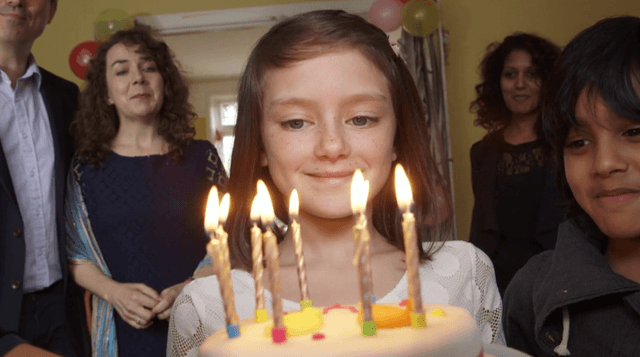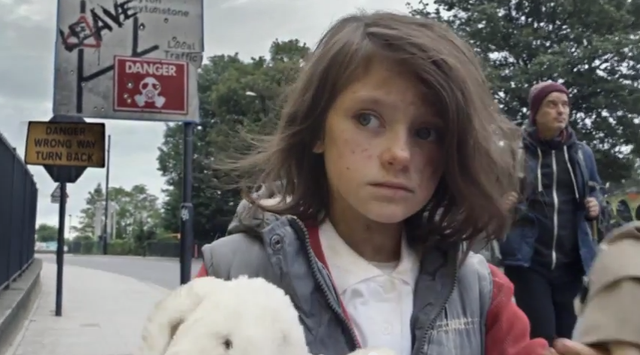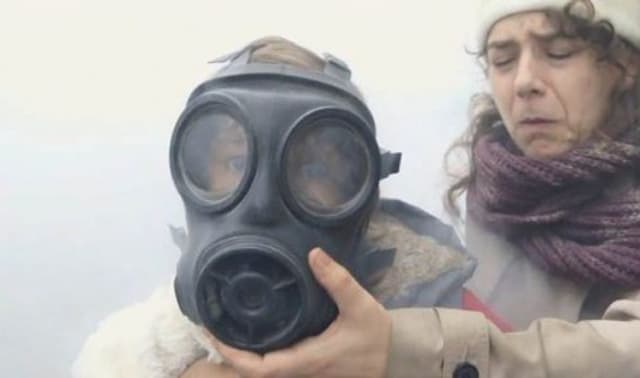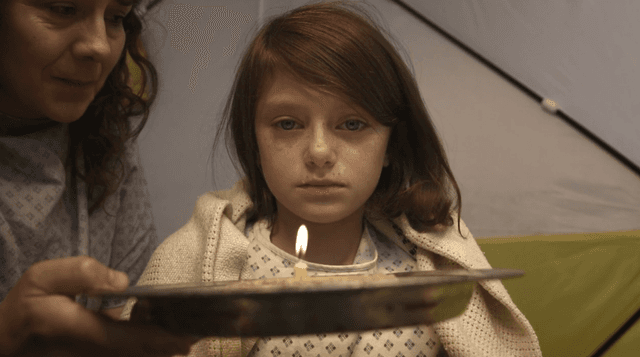IWITOT at IFC: Save the Children ‘Most Shocking Second a Day’
For I Wish I’d Thought Of That at the International Fundraising Conference 2018, Spriha Shrestha of Restless Development Nepal explained why she wishes she’d thought of this iconic video campaign from Save the Children.
- Written by
- Spriha Shrestha
- Added
- January 10, 2019
I would like you to close your eyes and IMAGINE:
- IMAGINE you are banished from your home for 5 days each month.
- IMAGINE You are forced to live in a cowshed. No lights. No doors or windows. In winter you risk freezing and in summer it’s swelteringly hot. You could get killed a by a snake bite and what if a dangerous person is out there?
- IMAGINE you are not allowed to touch your family members or eat your meal together for 5 days each month.
How does that feel? Could you easily picture yourself in that position?
It’s okay if you can’t. In fact you might find it to be a too unusual scenario. You might not be able to embody it.
It can be difficult to walk a mile in someone else’s shoes. It is not easy to always empathise with people’s experience when one doesn’t recognise the circumstances or the backdrop against which the event takes place. Unless one does.
So when I think of a campaign that has really struck me I think of ‘The Most Shocking Second a Day’ video campaign also known as ‘If London Were Syria’. You may have already seen it - it was launched in March 2014 and was created by Don’t Panic London for Save the Children to mark the third anniversary of the start of the Syrian civil war.

I find this video campaign to be very effective because it is contextual yet it doesn’t guilt trip.
This video is powerful because it descends slowly into the situation and resonates with the audience by enabling them to put themselves in the shoes of a Syrian child.
It personalises the trauma of this child in conflict by bringing her to your home.
The video uses trivial similarities to connect to you. Birthdays, playing at the park, going to school. It’s all relatable.

And then it slowly descends to a conflict situation. Bomb blasts. Sleepless nights. The girl looks exhausted and tired
But we can still recognise the girl even when her world falls part because it personalises the event that would otherwise have been a distant or a far away thing by showing us how the conflict affects her.

The video establishes an emotional connection with the viewers.
And personally I find this video inspiring because I can relate this to the nature of the work that I am currently involved in.
I work to prevent menstruation-based discrimination that prevails in many parts of Nepal. And the scenario I asked you to imagine in the beginning is a monthly reality for many Nepalese girls and women living in the rural parts of Nepal.
However, the concept of menstruation-based discrimination often seems very strange and unreal for people who are outside this context.
I wish I had thought about a campaign like this so that I could raise awareness about the issue of menstruation based discrimination and help people see from the perspective of Nepalese women who are subjected to such discrimination

This video was viewed over 20 million times in just about five days after it was published. It has received many awards and has been claimed as one of the most powerful videos in the non-profit sector.
This video campaign was successful because it was able to emotionally appeal to its viewers.
You don’t have to understand this video, you just feel it.
I think fundraising isn’t always about money. Emotion is a universal currency and I think as fundraisers it’s important to help people walk a mile in other people’s shoes and that’s what this video exactly does and I wish I had thought about it.
Editor's note
This campaign has been watched over 53 million times, reached Reddit’s homepage twice and was even mentioned in national newspapers. A second advert, called ‘Still the most shocking second a day’ was released in 2016. Watch it here.

















